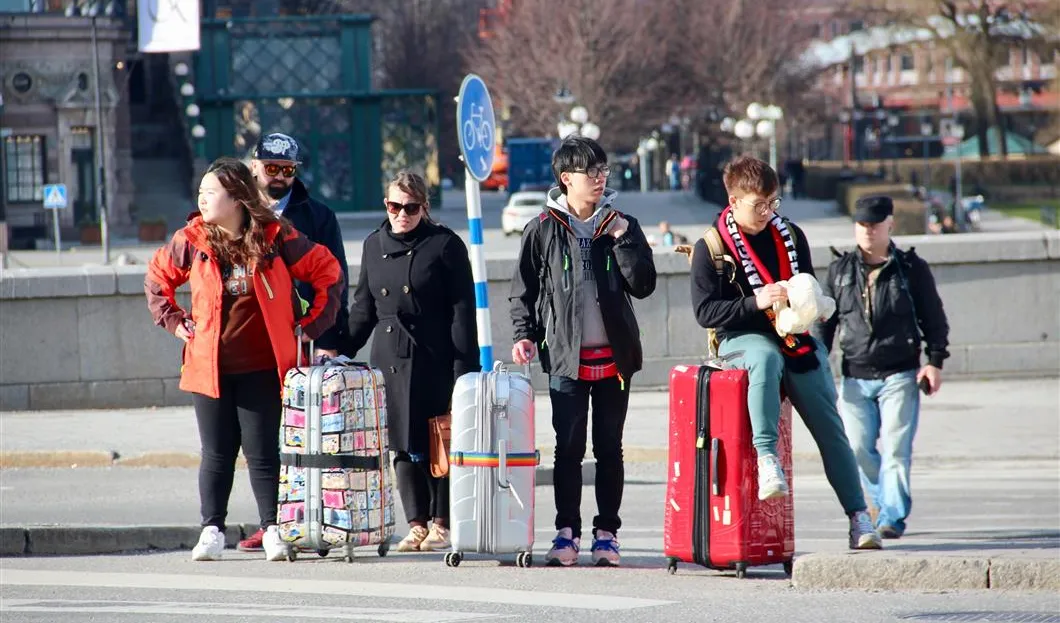
Chinese tourists spend billions on travel every year. Within a few years, the Far Eastern giant has become one of the most important tourist source markets in the world, with the number of Chinese tourists increasing by 13.5% to 162 million in the past year alone. However, countries that wish to attract Chinese visitors have to follow some rules and while some are successful, others are not so much.
In Europe, the most popular tourist destination in the world, so far only a few tourist managers have found the key. According to widespread belief, Chinese people are attracted only to shopping in big cities. They travel in groups and never stay for a long time. However, this is a picture of the past.
Chinese tourists trends are changing rapidly, according to tourism experts. In the past, the Chinese travelled only during the New Year or the Golden Week in October. Now, however, they are travelling more during the year. A reported 44.2% of surveyed Chinese tourists are abroad several times a year. Moreover, shopping is not even among the top ten activities, as noted by experts in the industry, with cultural and adventure travel increasingly popular.
The popularity of smartphones and apps, in general, is increasing every day. Apps like Alipay and WeChat are transforming China into a cashless society. The internet, apps and blogs are preferred sources of information, with more than 90% of Chinese people sharing their experiences while traveling on WeChat, Weibo or QQZone.
However, there are some dangers associated with the high degree of digital connectivity of guests from China. In the same quick way that a travel destination can become popular due to recommendations, its reputation can also be ruined.
This is currently the case of Sweden. After having risen by 13%, the number of Chinese tourists fell by more than six percent in the fourth quarter of last year. What happened? A family from China had mistakenly appeared in a booked hotel in Stockholm a day earlier in September last year. The group settled in the hotel lobby late at night and refused to leave. When the Swedish police were informed, family members ended up on the streets and dramatically shouted “murder!” and “help” calls.
After broadcasting a cell phone video from the social media clearance campaign in China, the Chinese embassy in Stockholm demanded an apology from the Swedish government. The incident became a state affair a few weeks later when a satirical program “Svenska Nyheter” made fun of the situation.

The post was quickly viewed on Chinese online platforms such as Sina Weibo and Youku more than 34 million times. Under the hashtag #SwedishTVShowInsultsChinesePoeple, Chinese people responded angrily to the incident. Compatriots were called to boycott Swedish suppliers such as IKEA and H&M and to cancel their trips. The Chinese Foreign Ministry spoke of a “gross insult and vicious attack on China and the Chinese people”.
All in all, this is a confirmation that the Chinese are very sensitive to the mere suspicion that they could be discriminated against because of their origin as “second class” tourists. Chinese tourists always consider themselves ambassadors for China in the world, in bad or good situations abroad. For this reason, countries that wish to attract the interest of Chinese tourists must keep an eye on the digital world.









